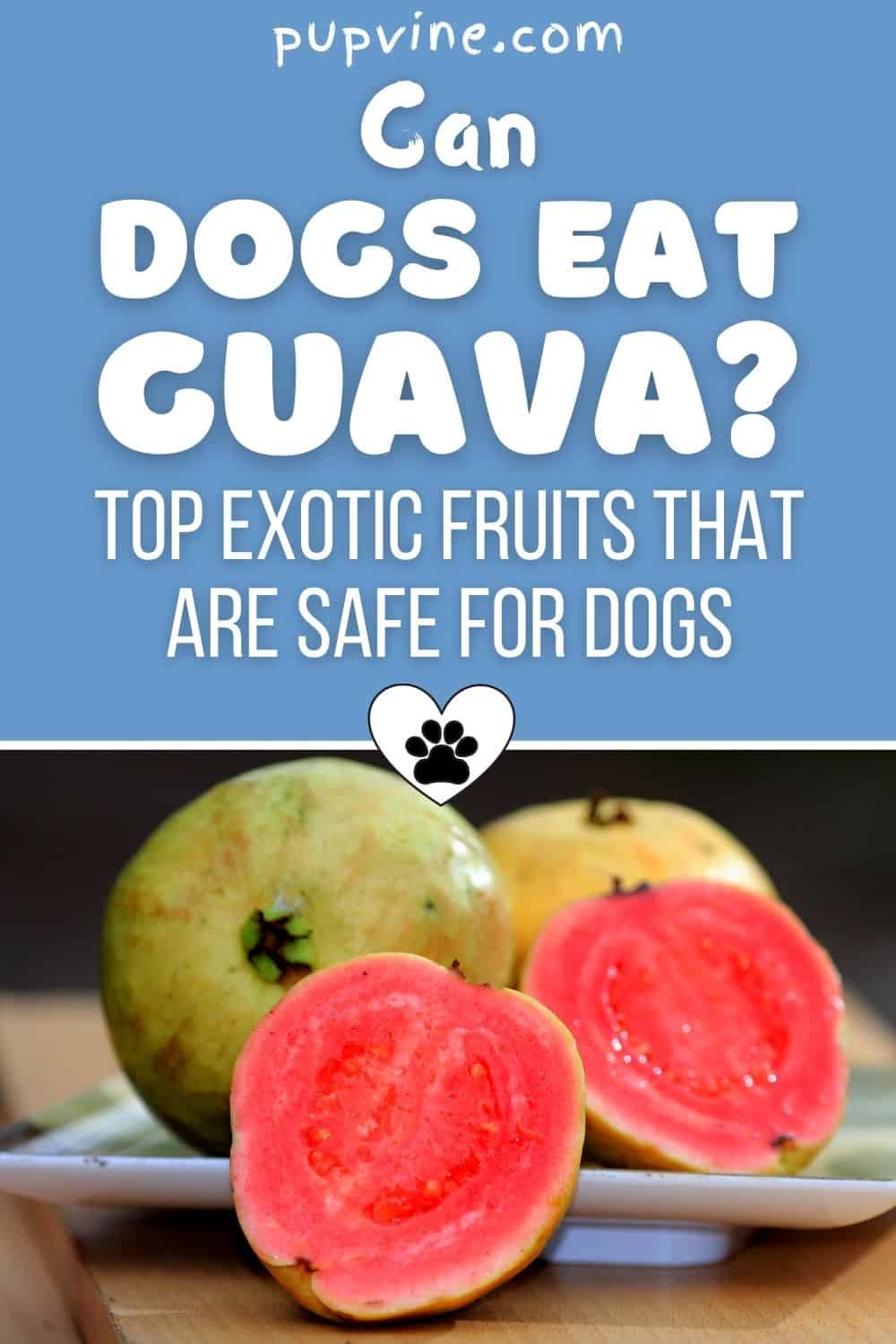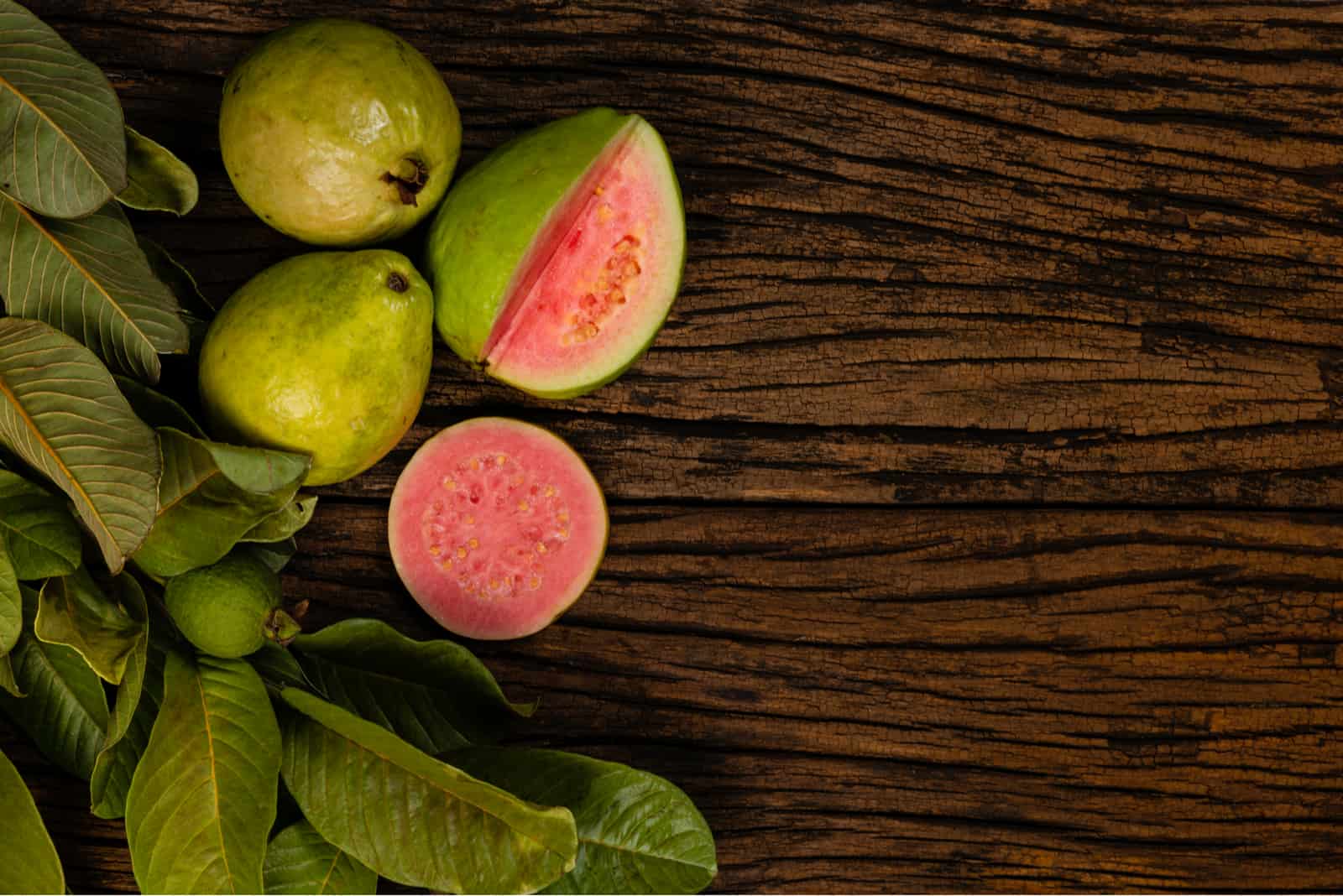All dog owners are essentially the same. They would all do whatever it takes for their dogs to be happy, but at the same time, they will all make the same mistakes and accidentally feed their dog something they probably shouldn’t have.
But who can resist those sweet, big eyes peering at you from underneath the table? Well, ignore them and think about your dog’s health. If you’re going to feed your dog human food, please first check whether it’s safe or not.
Tropical fruits sound like an excellent addition to your diet, but what about your pooch? Can dogs eat guava?
Psidium guajava, usually known as the apple guava or just guava, is a small tree belonging to the myrtle family. It’s widespread in many tropical and subtropical areas, such as Mexico, Central America, South America, and the Caribbean.
While other exotic fruits are also known as guavas, none of those belong to the same family as real guavas.
Guavas are some of the healthiest treats for humans. But what about our pets? Can dogs eat guavas, or will it cause them harm?
Let’s dive right in!
Can Dogs Eat Guava?
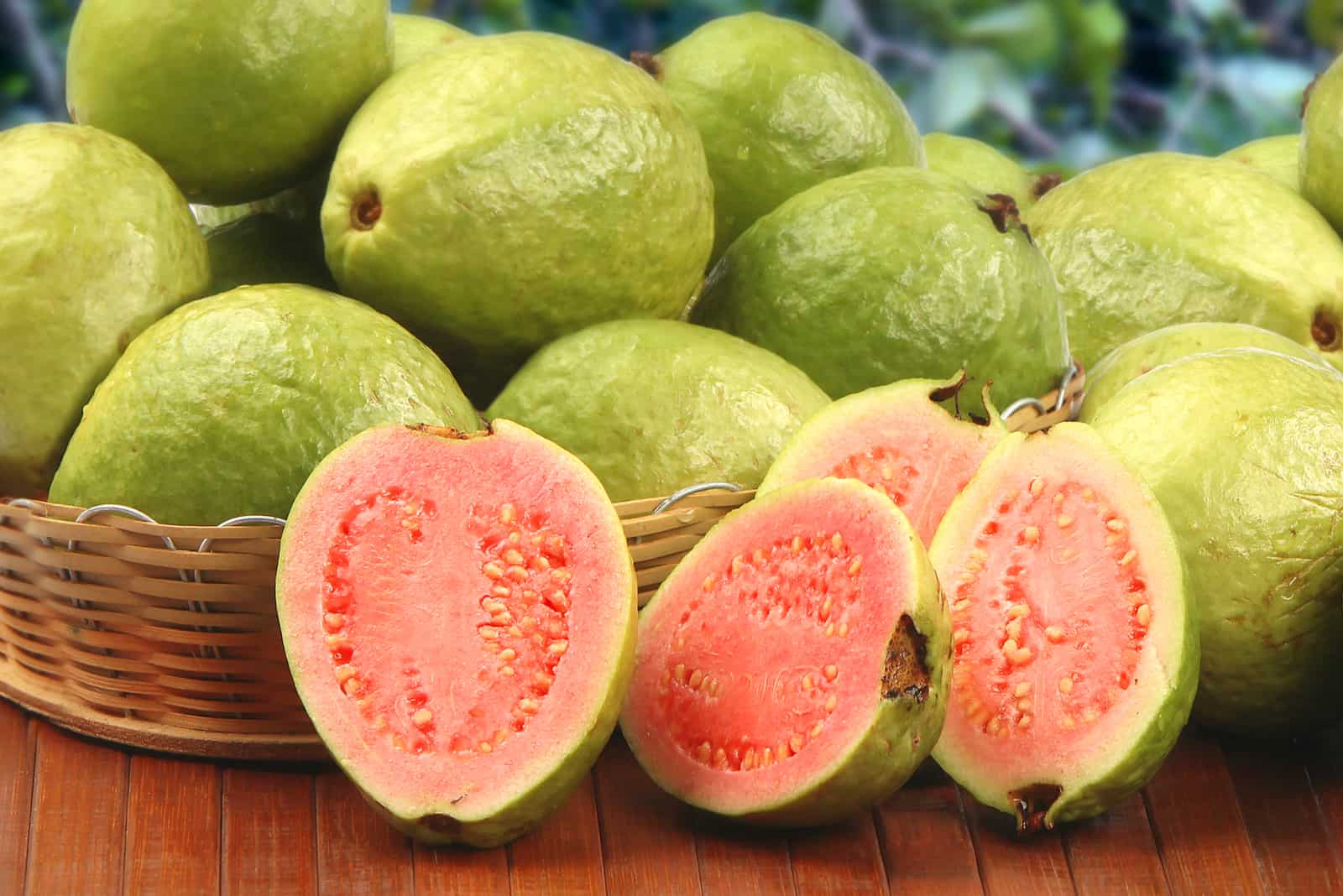
In short – Yes, dogs can eat guava!
Guava, or any other fruit from the myrtle family, won’t cause your pooch any harm. As long as it’s given in moderate amounts, guava can be a part of your dog’s diet.
Guava can make a good treat for your dog, as long as it’s not a substitute for dog food. It can be used as a means of rewarding your pooch while training or as positive reinforcement.
However, there are still a few things dog lovers should be mindful of.
Nutritional Value
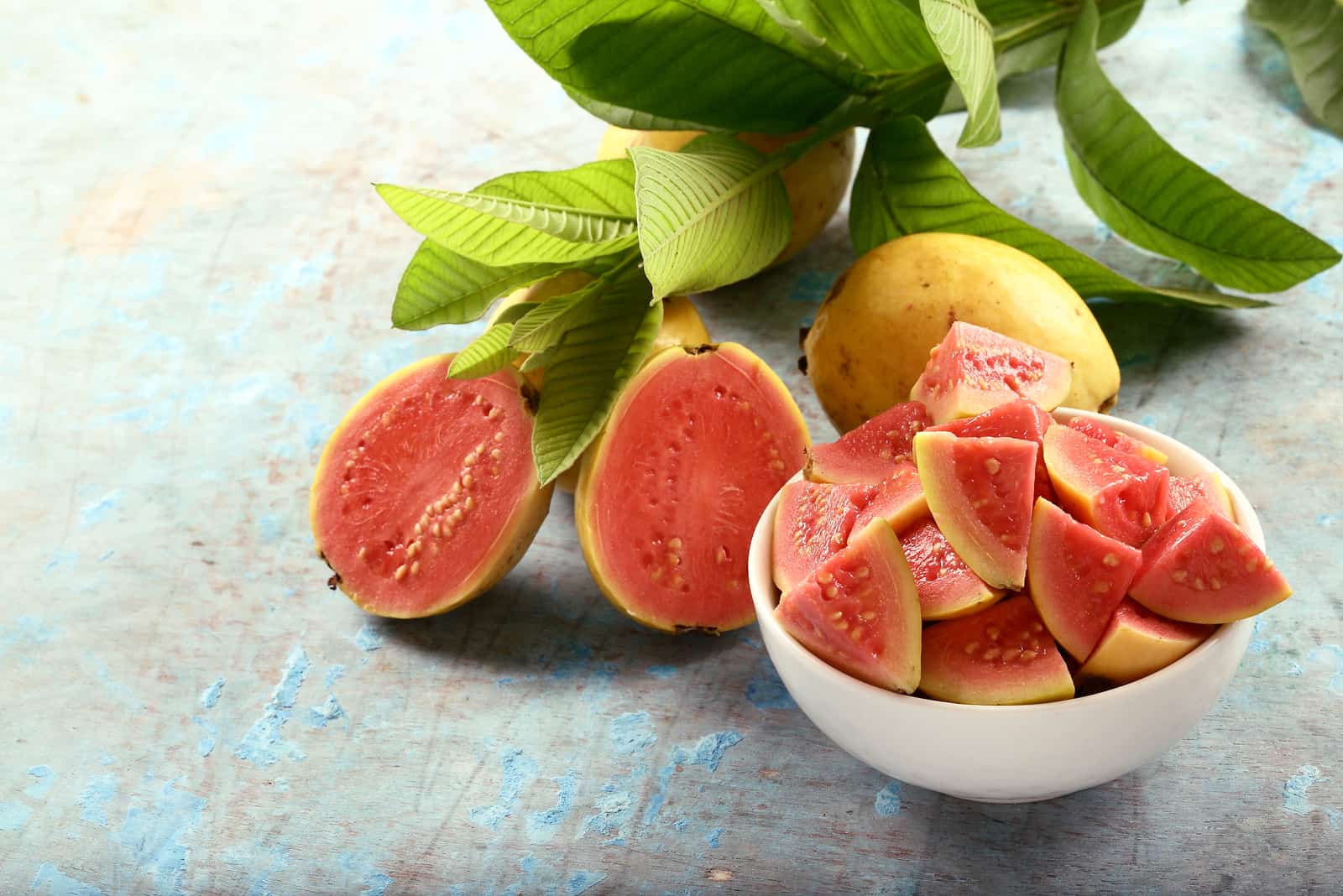
Guava is one of the healthiest exotic fruits out there, and all the benefits it has for you apply to your dog, as well.
It is very rich in several essential nutrients, such as vitamins A and vitamin K. Both these vitamins help maintain your metabolism and keep it healthy.
Vitamin A also helps create new red blood cells, and it’s very good for our eyes. On the other hand, the primary function of vitamin K is to help with bone health and is good for preventing blood clots.
Another vitamin the guavas’ flesh contains is vitamin C, which is a well-known booster of the immune system. Many veterinarians recommend giving this vitamin to pregnant or lactating female dogs and senior canines, as it boosts reinvigoration.
There are plenty of benefits to vitamin C for younger dogs, as well. It is good for keeping them healthy during stressful situations, especially if you plan to have your puppy’s tail docked or ears cropped. It’s even good for dogs who need to be vaccinated soon.
Vitamin C is also helpful for several health problems, including bacterial or respiratory infections, coughing, abscesses, and cancer. At the same time, it improves collagen health, which has anti-aging properties and might even slow down spinal disorders or hip dysplasia.
This exotic fruit contains high amounts of vitamin B – B3 and B6, to be precise. These vitamins, known as niacin and pyridoxine, help with brain function.
Guava also contains plenty of phosphorus, which is excellent for keeping kidneys healthy. This is especially needed for young puppies who need healthy kidneys for toxin removal during urination.

Photo from @brandy_the_monster
Phosphorus also ensures the dog’s heart stays healthy, and it improves motor functions and muscle contractions.
Guava contains high amounts of fiber. Fiber is a part of veggies and fruit that most animals can’t really digest. It can help with constipation, as it helps the body move food through the intestines. This way, it also helps with many illnesses and decreases cholesterol.
While pups don’t need a high-fiber diet, guava still offers great benefits for dogs with digestive problems. Some breeds with sensitive stomachs, such as French Bulldogs, can especially benefit from eating high-fiber foods.
Potassium is another mineral found in guavas. In fact, 100g of guava typically contains 417mg of potassium, which is plenty. Potassium aids muscle contraction and relaxation. This can improve the motor skills of your furry friend. Other good sources of potassium are tuna and fish sticks.
At the same time, potassium boosts muscle development and digestion. It helps the canine body break down carbs and fats, allowing it to absorb nutrients faster. This mineral improves cognitive functions, organ function and helps control dogs’ internal pH levels.
Guava contains magnesium and calcium, natural relaxants that are extremely helpful to dogs with muscle problems, such as arthritis, as they help them with pain relief. Another mineral it contains is iron, which we all know helps the formation of hemoglobin and red blood cells.
Health Benefits Of Eating Guava
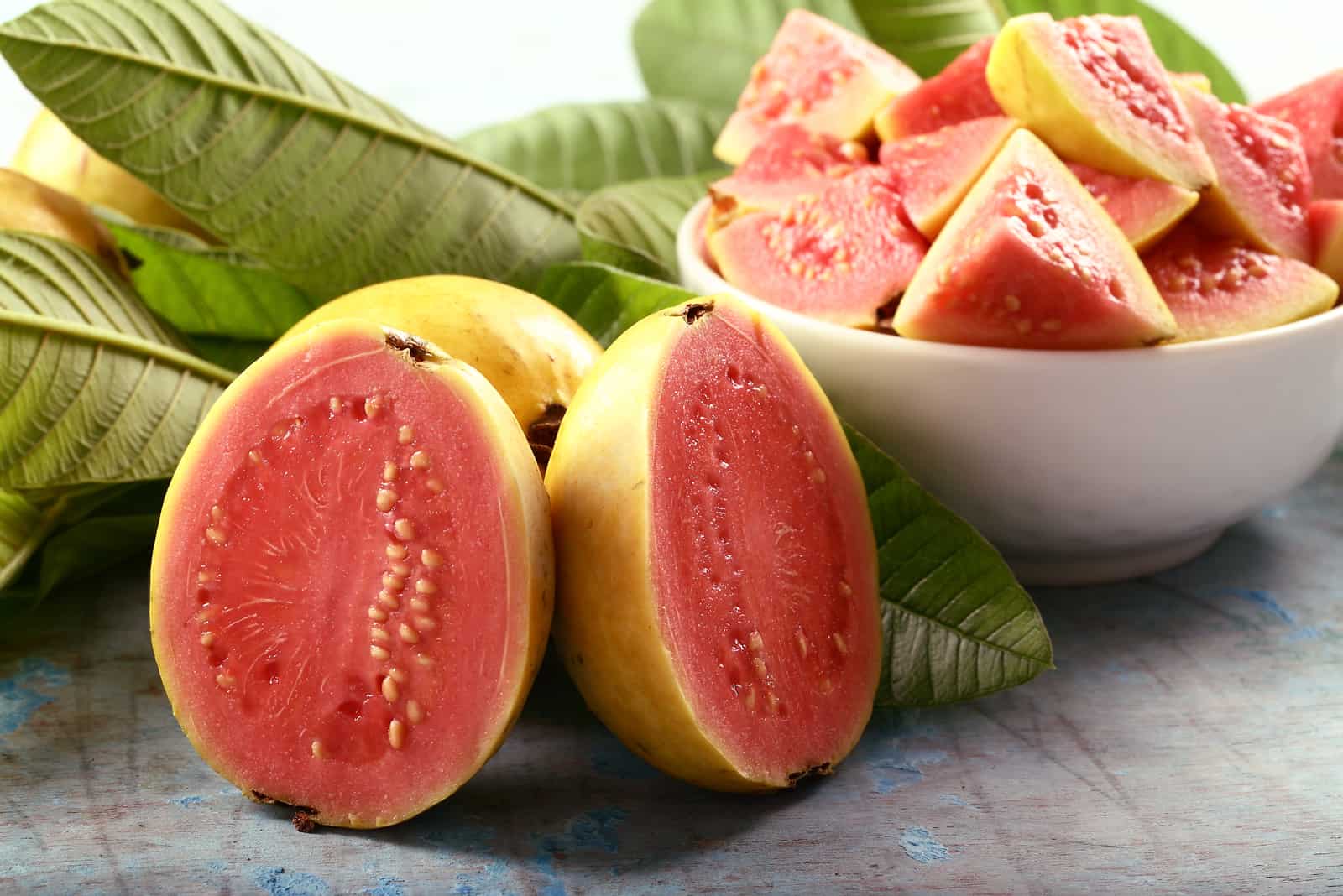
As we’ve already mentioned, most benefits that humans receive when eating guava apply to dogs, as well. Still, we’ll focus on the most important ones.
First off, guavas help boost a dog’s immune system, thanks to vitamin C. This will keep your pooches healthy and safe from many illnesses.
Then, guavas are great for keeping a canine’s heart healthy and strong due to the high amounts of vitamins and antioxidants. In fact, guavas might even protect your pup from any damage that he might sustain from free radicals.
The high amounts of fiber also contribute to a healthy heart and the rest of the organism, as this helps with detoxification.
Not just that, but extracts of guava leaves can help dogs increase the good HDL cholesterol while reducing the bad LDL cholesterol and lowering blood pressure. This will reduce the chances of heart failure or stroke.
Thanks to the B vitamins found in guava, a dog’s brain can function better than average, as this vitamin improves blood flow to the brain and relaxes nerves.
Guavas have a low glycaemic index and high fiber content. This makes them good for dogs suffering from diabetes while simultaneously helping dogs prone to this disease from developing it.
At the same time, it is low in carbohydrates and has the smallest possible amount of natural sugars, so it won’t make your dog overweight.
This fruit can help with constipation, so if you have a dog breed with digestive issues, such as Labrador Retriever, Shar Pei, Irish Setter, or German Shepherd, consult your vet about giving your dog guava fruit regularly and making it a part of his diet.
On top of all this, guavas can lower the risk of cancer, which is the worst fear of any dog owner. This fruit has plenty of antioxidants – most notably, lycopene and vitamin C – that can do a great job protecting his cells from damage and reducing his chances of becoming ill.
Negatives Of Eating Guava

Guava contains some sodium. The amounts aren’t high, but they still make up a part of this fruit’s nutritional value.
While sodium can help adjust blood pressure, high doses of this mineral are highly toxic to dogs. They may worsen the symptoms of many illnesses, and sodium can increase a canine’s blood pressure.
Not just that, but dogs can experience sodium poisoning, which can lead to epilepsy, tremors, or even death. Luckily, this isn’t likely to happen from guava, as it contains small amounts of this mineral.
At the same time, your dog’s digestive system might not react well to the guava itself. This might lead to several stomach issues, such as cramping, diarrhea, and vomiting. If this happens, you should stop feeding your dog guava.
Guava seeds are also not suitable for dog consumption. Make sure you dispose of them before giving your pet guava fruit.
Luckily, guava isn’t dangerous to dogs, so even if your dog experiences mild issues with his digestive tract, chances are you don’t need to take him to the vet.
Still, you should monitor him, just to make sure his condition doesn’t worsen. Also, you shouldn’t give guava to your pooch for the first time without consulting with your vet beforehand. Maybe there are some issues you aren’t aware of.
Is Guava Paste Safe For Dogs?
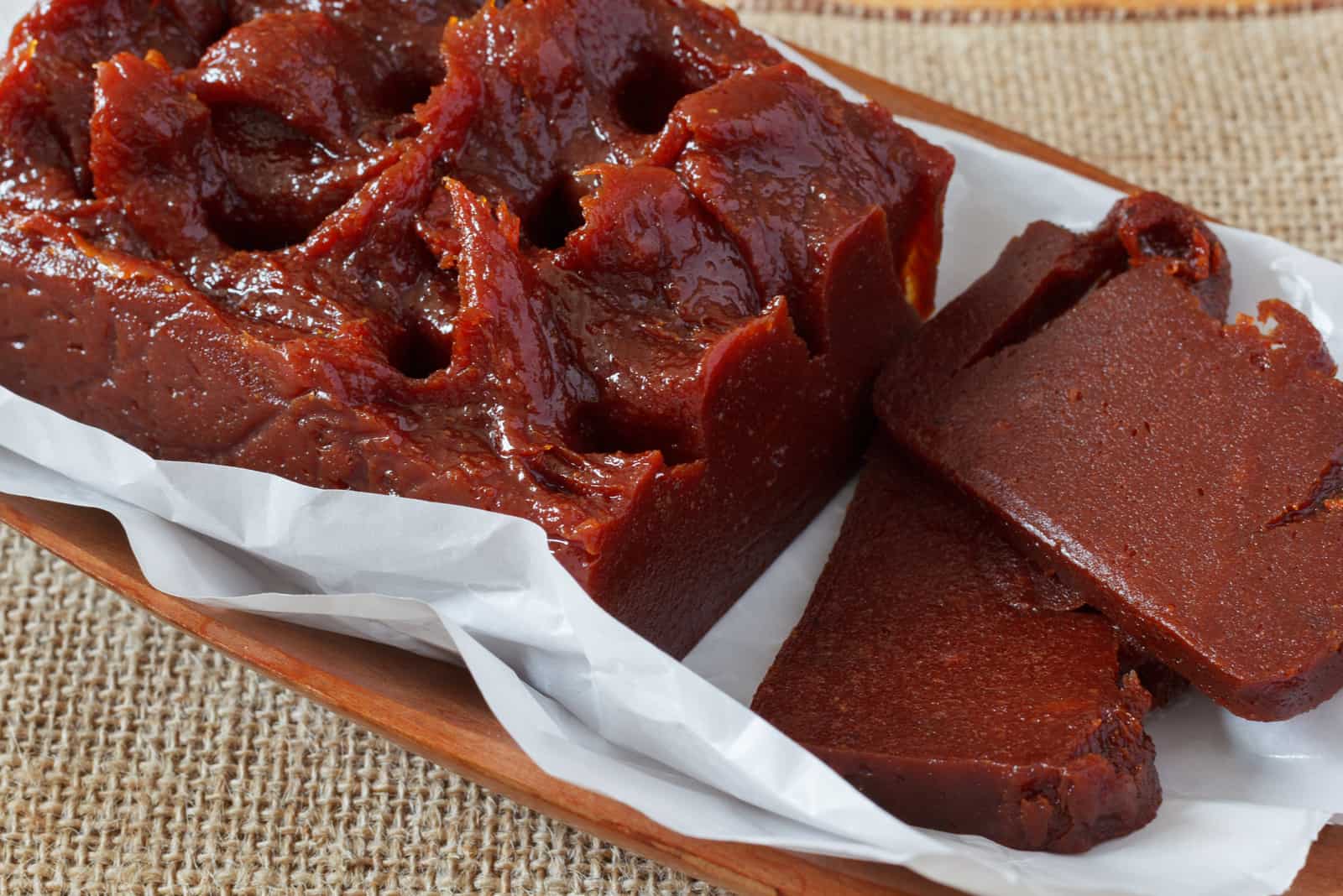
Unlike guava fruits, guava paste is something that should be kept away from dogs.
Why is that?
Guava paste is a candied guava puree. This means it contains a high amount of sugar, which is never good for your dog. Anything that is candied can harm your pooch and make him overweight, and this is something you don’t want.
When feeding guavas to your dog, stick to the fresh fruit.
Alternatives To Guava
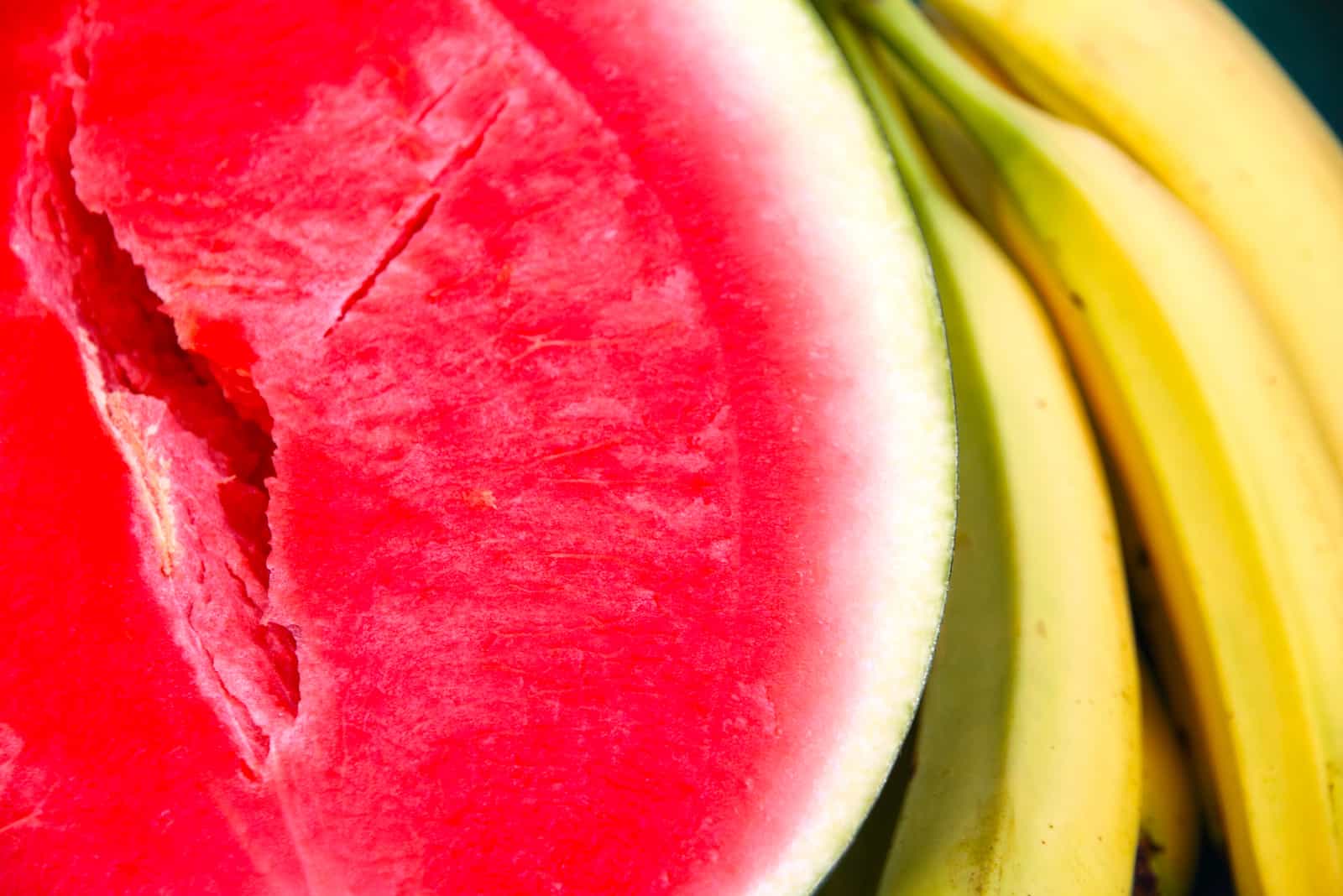
If your dog likes eating fruit and vegetables, there are a few more good options you can give to him if guavas aren’t nearby.
Safe fruits and veggies for dogs include:
• Bananas
• Watermelon
• Pears
• Blueberries
• Tangerines
• Paprika
• Pepper
How To Feed Guavas To Your Dog
So, can dogs eat guava? Yes, they absolutely can! If you want to make guava a special treat to give to your pooch, there is a right way to do it.
Make sure the fruit is thoroughly washed before you give it to your pup. Also, slice the fruit into small pieces. Dogs are gluttonous eaters, and they can choke on their food if the pieces are too large.
Not to mention that by feeding your dog smaller portions of fruit, you can lower the chances of bad reactions, such as flatulence or an upset stomach.
Some dogs dislike raw fruit. If this is the case, mash them into your dog’s food or add them to other homemade treats – or consider giving them some other dog-safe foods, such as lactose-free whipped cream and turnips.
Just make sure to talk to your vet before introducing any new food to your dog’s diet, but guavas aren’t likely to give your dog any issues. They are a great, healthy substitute for commercial dog foods and dog treats.
Keep in mind that any fruit isn’t a substitute for balanced nutrition.
